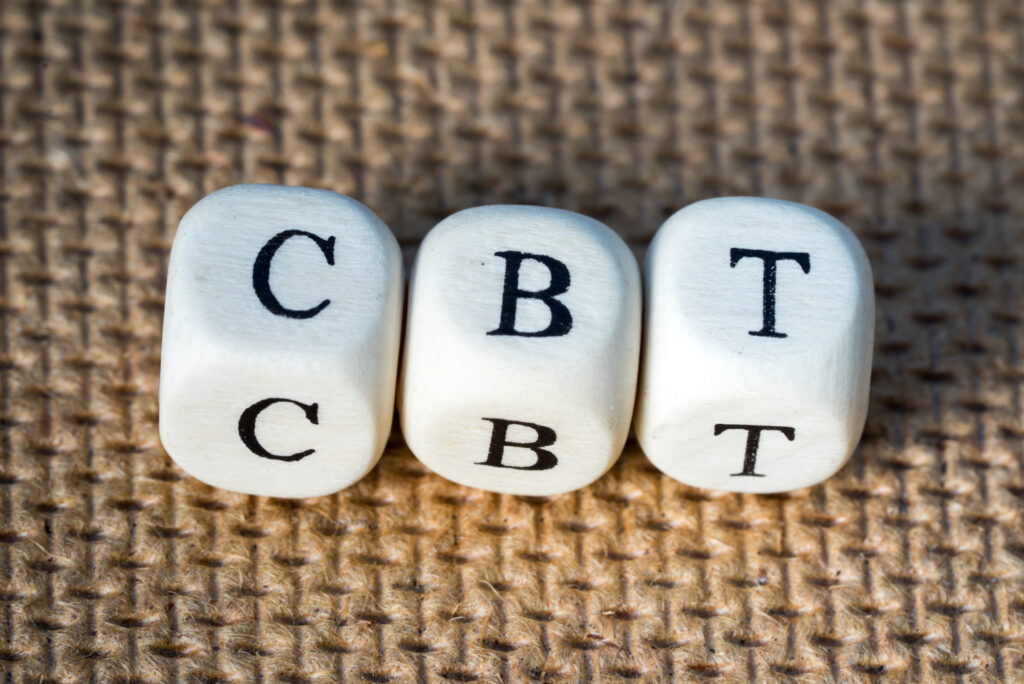
In the US, 10% of adults have drug use disorder at some point in their lives. And sadly, 75% of them don’t seek treatment for it.
Addiction is something very real that many of us face. Without the proper treatment, it can do irreparable damage to not only ourselves, but to those who we love as well.
But with things like cognitive therapy, you can beat addiction and turn your life around.
What is cognitive therapy and how can it help treat addiction? Read on to find out.
What Is Cognitive Therapy?
Cognitive therapy is also known as cognitive behavioral therapy (CBT). It falls under the category of talk therapy. By breaking down this type of therapy, you can better understand what it is.
The “behavioral” part is pretty self-explanatory. CBT focuses on how your behaviors, both how you can control and change them.
As for the “cognitive” part, it means you strive to understand your behaviors and how it affects the world around you.
How Does Cognitive Therapy Help Treat Addiction?
Now that you know a little more about CBT, let’s discuss how it helps with addiction. Most obviously, it allows addicts to be aware of all their thoughts and actions. In turn, they’re able to realize how those things affect their road to recovery and it motivates them to change their behaviors for the better.
But what else?
You Learn How to Manage Triggers
Every addict has triggers that drive them to abuse substances. Realistically, you can’t eliminate them, so you need to learn how to manage them when they pop up.
Cognitive therapy treatment teaches you to recognize what the triggers are, how to avoid them, and how to address your emotions resulting from the triggers.
For example, you might realize that being in certain situations remind you of past traumas. Behavioral therapy helps you process and control these feelings so you don’t resort to substances right away. Instead, you’ll ground and self-soothe in less harmful ways.
It Helps With Co-Occurring Disorders
When a person has drug use disorder, they often have co-occurring disorders. In fact, around 9.2 million Americans do. By only treating addiction, it’s like you’re just putting a bandaid on a gaping wound.
Addressing co-occurring disorders can allow you to heal completely and further reduce your chances of relapse.
Get Addiction Treatment Today
Now you know what cognitive therapy and what it has to offer to those who struggle with addiction. Not only does it give you a better chance at beating your addiction, but it’ll also help you conquer co-occurring disorders for a healthier outlook.
Getting help can be daunting, but once you take that first step, addiction therapy can work wonders for you. So be brave and get on the right track to live a more wholesome and fulfilling life.
If you or a loved one would like help with addiction issues, then get in touch with us today. You can also call us anytime you’d like, 24/7. We’re always here for you.


Recent Comments